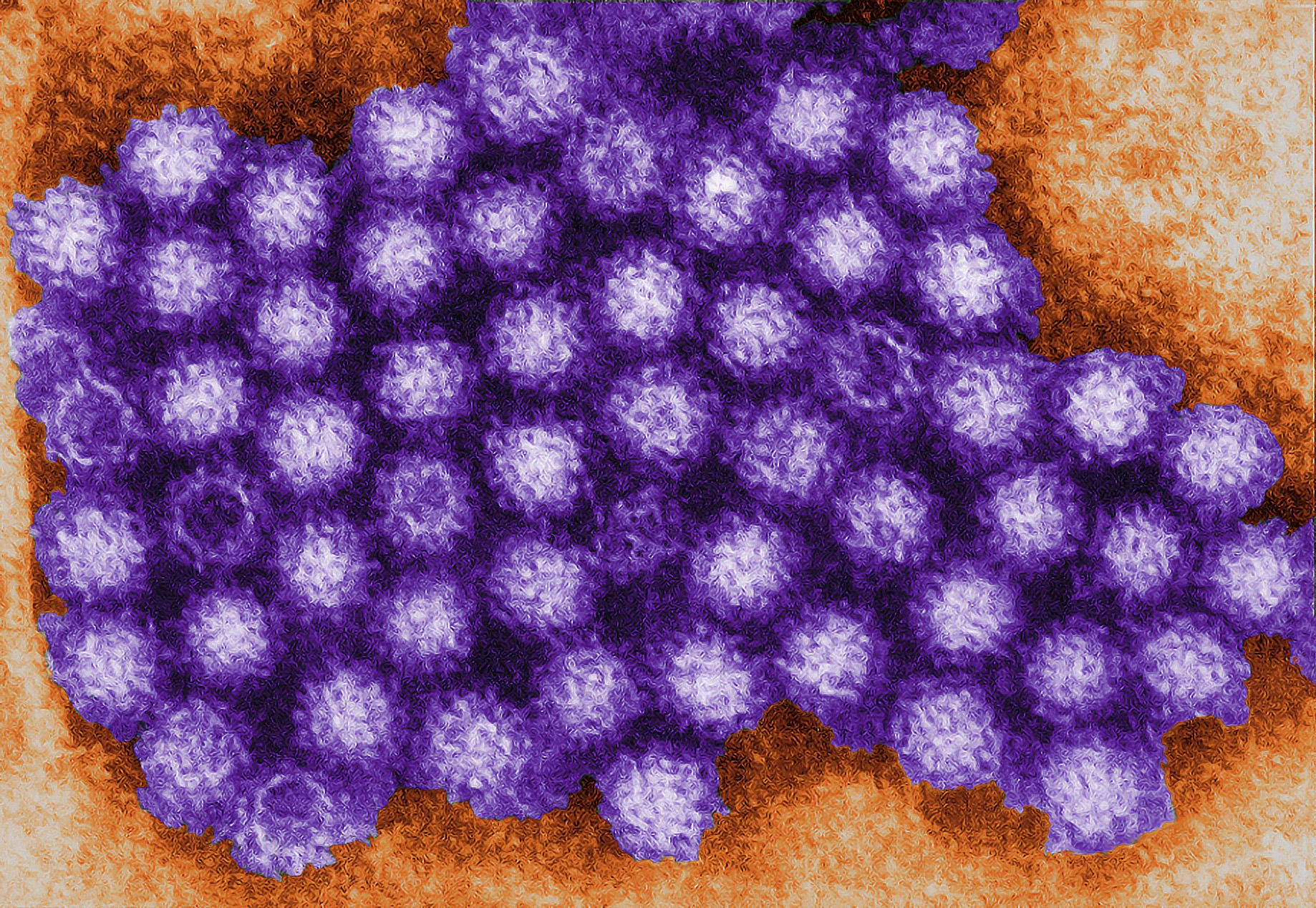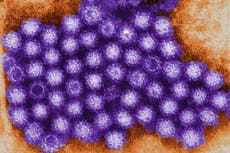What is norovirus, how does it spread and how long is the incubation period?
Cases of ‘winter vomiting bug’ on the rise, according to NHS data

Norovirus cases resulted in the closure of 457 hospital beds to halt the spread of the disease between 5 and 11 December, according to NHS data, up from 375 the previous week.
The resurgence of the virus comes as the NHS 111 finds itself flooded with calls about Strep A and the flu and as the health service faces the biggest nursing strike it has ever seen after members of the Royal College of Nursing walked out in a dispute over pay.
The norovirus last made headlines in March earlier this year, when the UK Health Security Agency (UKHSA) warned that cases had more than doubled in England as the so-called “winter vomiting bug” spread through nurseries, schools and care homes.
UKHSA said that outbreak was primarily down to its increased spread through educational settings, which accounted for 54 per cent of cases, and care homes, which accounted for 38 per cent.
The body warned the public to take precautions to limit the spread of the disease, including by washing their hands with soap and water rather than antibacterial gels, and to take particular care to shield the vulnerable from infection.
It suggested at the time that the rise had come about in the wake of the relaxation of Covid-19 social distancing rules.
“Norovirus has been at lower levels than normal throughout the pandemic but as people have begun to mix more, the numbers of outbreaks have started to increase again,” said Professor Saheer Gharbia, gastrointestinal pathogens and food safety directorate at UKHSA.
With its return posing a further threat to the embattled NHS, here is everything you need to know about this unpleasant but relatively short-lived sickness.
How does it spread?
Norovirus is highly contagious so you can catch it from coming into contact with someone who already has the disease – often a child who has contracted it from one of their playmates – by touching surfaces or objects that have come into contact with it or by eating food or drinking water that has been handled by someone who has it.
A contagious person sheds billions of norovirus particles that cannot be seen without a microscope, only a few of which are needed to make other people sick.
What are the symptoms?
There are six key norovirus symptoms to look out for, according to Professor Gharbia.
These are: nausea, projectile vomiting, diarrhoea, high temperature, excruciating abdominal pain and aching limbs.
How long is the incubation period?
Norovirus symptoms usually begin to manifest within one to two days of being infected, according to the NHS.
However, the virus usually passes quickly, meaning you are unlikely to be ill for more than two to three days in most instances.
That said, the US Centres for Disease Control warns that some studies have shown that you can still spread norovirus for two weeks or more after you feel better.
How is it treated?
The NHS advises that norovirus cases can be cared for at home and that sufferers should stay off school or work and not visit care homes or hospitals, other than in cases of emergency, to limit the risk of passing the contagion on to others.
Sufferers are advised to only return to communal settings 48 after their symptoms have cleared and to rest and drink plenty of liquids until the condition passes.
Cleaning potentially contaminated surfaces with bleach-based detergents and hot water is also strongly advised.
Commonly used household toilets, taps, telephones, door handles and kitchen surfaces should all be disinfected thoroughly while wearing gloves and clothes and bedding should ideally be washed at 60C to kill the virus.
Join our commenting forum
Join thought-provoking conversations, follow other Independent readers and see their replies
Comments


Bookmark popover
Removed from bookmarks